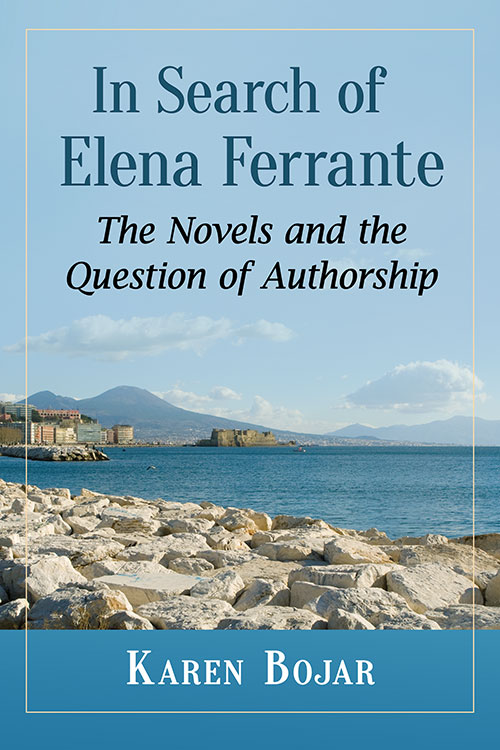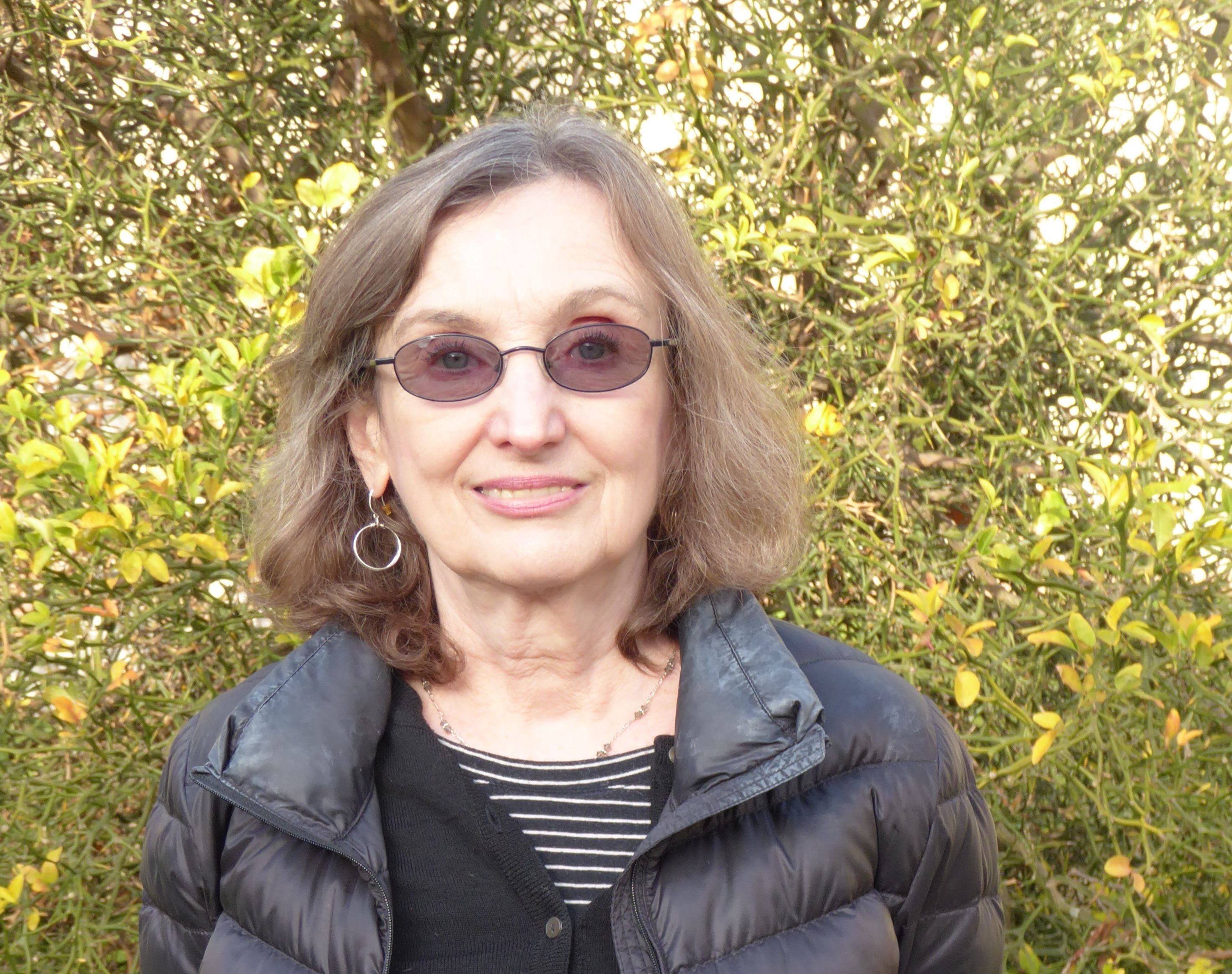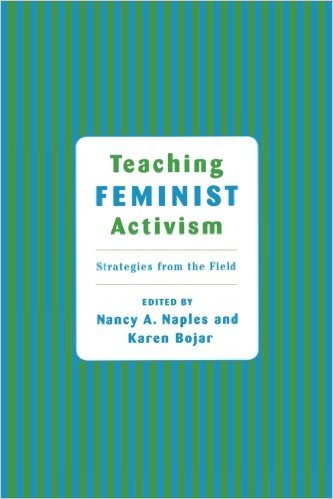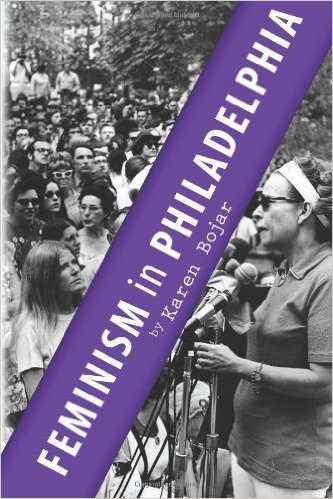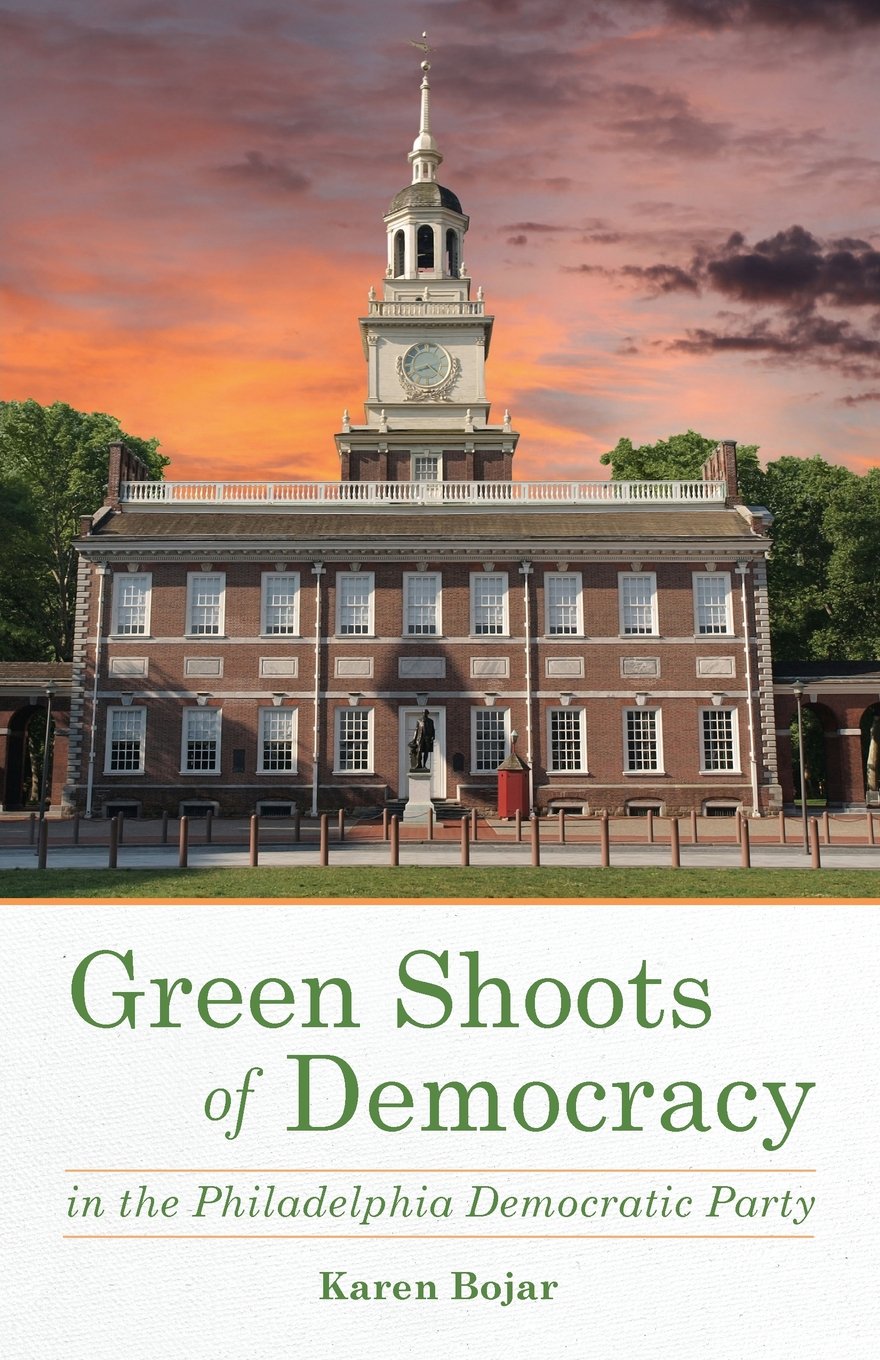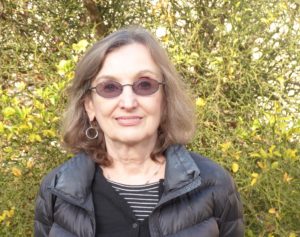 Dr. Karen Bojar is Professor Emerita of English and Women’s Studies at the Community College of Philadelphia. She also has a long history as a feminist activist and served as President of the Philadelphia chapter of the National Organization for Women from 2001-2009. She continues to be involved in Philadelphia NOW and in Philadelphia politics and was recently appointed to the Mayor’s Commission for Women. She has written numerous articles on feminist activism as well Teaching Feminist Activism co-edited with Nancy Naples (Routledge, 2002) and Feminism in Philadelphia: The Glory Years, 1968-1982 which interweaves the history of feminism in Philadelphia with the broad themes and trajectory of the “second wave” feminist movement. The feminist movement of the late 1960’s and 70’s is largely remembered in terms of national leaders such as Betty Friedan, Gloria Steinem, and Eleanor Smeal, but it would never have changed so many hearts and minds, would never have transformed our society without the efforts of so many women in local communities working tirelessly for gender justice.
Dr. Karen Bojar is Professor Emerita of English and Women’s Studies at the Community College of Philadelphia. She also has a long history as a feminist activist and served as President of the Philadelphia chapter of the National Organization for Women from 2001-2009. She continues to be involved in Philadelphia NOW and in Philadelphia politics and was recently appointed to the Mayor’s Commission for Women. She has written numerous articles on feminist activism as well Teaching Feminist Activism co-edited with Nancy Naples (Routledge, 2002) and Feminism in Philadelphia: The Glory Years, 1968-1982 which interweaves the history of feminism in Philadelphia with the broad themes and trajectory of the “second wave” feminist movement. The feminist movement of the late 1960’s and 70’s is largely remembered in terms of national leaders such as Betty Friedan, Gloria Steinem, and Eleanor Smeal, but it would never have changed so many hearts and minds, would never have transformed our society without the efforts of so many women in local communities working tirelessly for gender justice.
Karen Bojar’s analysis of grassroots electoral politics, Green Shoots of Democracy, within the Philadelphia Democratic Party was published in June 2016. After spending several years documenting progressive movements/ organizations in Philadelphia, she is returning to her first love, literature, and in July 2018 her book In Search of Elena Ferrante was released by Mcfarland Publishers. Her latest book Feminist Organizing Across the Generations will be published by Routledge in 2021.
See https://www.linkedin.com/in/karenbojar
CIVIC ENGAGEMENT
Civic engagement has been a constant thread in my life although the emphasis has varied. When I was young woman in the 1960s, my focus was the civil rights movement and the anti-war movement. When I had a child attending public schools, public education advocacy became the main project in my activist life.
In my middle and later years, feminism became the focal point of my life. As a teacher of Women’s Studies and founder of the Women’s Studies program at Community College of Philadelphia, I incorporated an activist component into my teaching and co-authored a book to encourage other Women’s Studies practitioners to do likewise.
I became involved in the Philadelphia Chapter of the National Organization for Women and served as chapter president from 2001-2009. When I retired, I turned my attention to documenting the history of Philadelphia NOW. My commitment to recording the history of Philadelphia NOW was motivated in part by my regret at having missed the glory days of second wave feminism. I have heard many statements of regret from those who “missed the 60s”–sometimes because they were too young, sometimes because they were focused on careers or family responsibilities. I did not miss the sixties. I had the misfortune to get involved with some left wing fringe groups who thought of feminism as “a petty-bourgeois deviation.” I never believed that, but did not have enough confidence in myself to mount an effective challenge. Although I considered myself a feminist, my identity as an anti-war, anti-racist activist was more powerful than my feminist identification.
Writing the history of Philadelphia NOW has given me a glimpse of what I missed and a sense of how different my 20s and 30s would probably have been if I had been spending my time with wonderful women like the founding members of Philadelphia NOW. Ironically, I became a feminist activist in the 1980s when I no longer desperately needed feminism to help me sort out my personal life. In some ways, writing this history is my compensation for being missing in action in the 1970’s.
In the mid-1980’s my activism took a political turn and I became a Democratic committeeperson, something that would have shocked and appalled my earlier self. When I was a young anti-war, anti-racism activist in the late 1960s and 1970s, if someone had told me that I would spend almost thirty years of my life as a Democratic committeeperson, I would have been incredulous. And I certainly would not have expected to be winding up my activist career writing a book encouraging others to do likewise. For me, the wake-up call came with the election of Ronald Reagan. It really did matter who won elections. This may not seem like a major revelation to most people, but it was for me.
As someone who came of age in the 1960s, I shared the distrust of many in my generation for electoral politics and viewed choosing between Democrats and Republicans as choosing between Tweedledum and Tweedledee. My first vote for president was cast in 1968 for Dick Gregory, of the Peace and Freedom Party; I thought I was too radical to get involved with the hopelessly compromised Democratic Party. I did not want to settle for piecemeal reform, or engage in the messy compromises that are part and parcel of participation in the electoral arena. But somehow, despite this distrust of the major political parties, I always voted. I think I never missed an election—although I admit my faulty memory may not be accurate here.
Over the years, my involvement in civic and advocacy organizations such as Parents Union for Public Schools and the National Organization for Women (NOW) began to merge with my work in electoral politics. I increasingly saw electoral politics as a way to advance a progressive agenda. I am quite certain my introduction to Democratic Party politics would not have gone so smoothly, nor would I have maintained the commitment over the years, if I had not begun my life as committeeperson in one of the most liberal wards in the city.
I will not run for re-election in 2018 and have already recruited a wonderful young woman to take my place. I can also take credit for recruiting some extraordinary women to take the helm of Philadelphia NOW.
That is the challenge for this stage of life, to stay involved not as a leader but as a supporter of a new generation of activists. I also hope to continue to contribute to the feminist project as a member of the Mayor’s Commission for Women, as a member of the board of Americans for Democratic Action and as a writer who (I hope) advances the cause of social justice through her writing.
